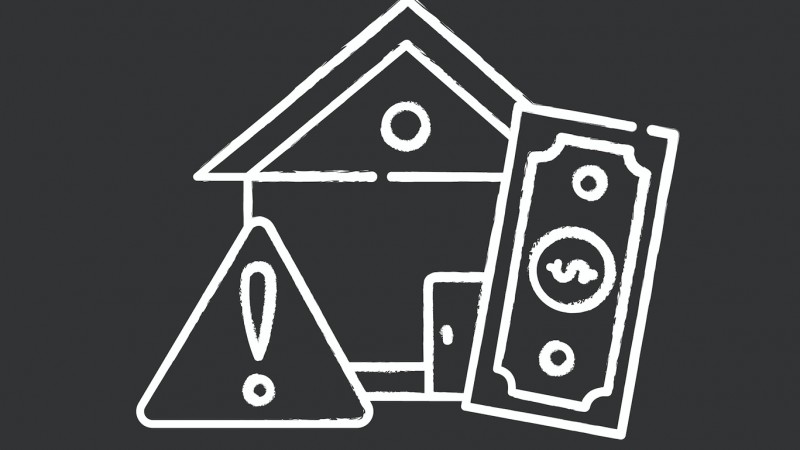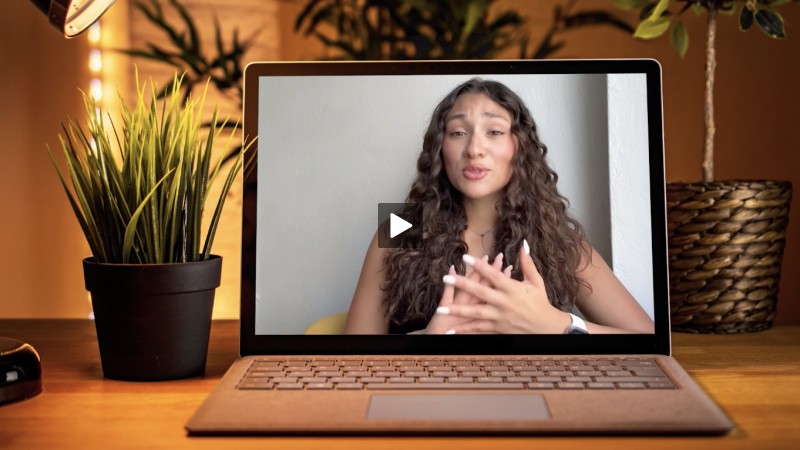55 or Older? Be Aware of These Scams!
- Details
- Written by Remar Sutton
- Category: Articles

Some of today's most popular financial frauds tend to target older adults. Why? Like the old bank robber said, because that's where the money is.
Older adults may be the primary target for these schemes but they can affect adults of any age.
Most older adults have accumulated more assets than younger adults. They also tend to have good credit. Although many of the following scams can trick and trap people of any age, if you or a family member is over 55, you should be aware of these fraudulent schemes and how to avoid being taken in by them.
Health Care Fraud and Health Insurance Fraud
Though the following scams are typically directed against people who have Medicare, variants also apply to younger adults.
-
The Scam: "Free" Medical Equipment. The offer arrives by mail or phone or a television ad. The "provider" says that if you call they will take care of all the details of providing the service or product at no cost to you. Legitimate providers will tell you that they will be billing Medicare or your insurance company. Shady operators may ask you to sign a blank insurance form. Also many questionable schemes urge you to buy equipment or services you may not need.
What to do: If you feel that you need certain equipment or services, talk to your doctor first. If your need is appropriate for your condition, your doctor can then provide the required certification to Medicare or your insurance company and help ensure that you are dealing with a legitimate company. Never provide your contact and insurance information to any marketer who calls you over the phone.
-
The Scam: "Cheap" Online Drugs that are Counterfeit or Never Arrive. Many people are turning to Internet pharmacies to try to cut down on the cost of drugs. (This is independent of the online pharmacy your insurance plan or Medicare Part D may use.) Unfortunately, fake medicines and fake pharmacies abound.
What to do: Use only licensed online pharmacies that require prescriptions and are approved as Verified Pharmacy Practice Sites (VPPS), a certification provided by the Association of Boards of Pharmacy in the U.S. If the medication looks different, has adverse side effects, or does not improve your condition, take the drug and immediately consult your local pharmacist or your doctor. Before turning to online pharmacies, talk to your pharmacist or physician about possible drug discount programs that include your medications.
"You Owe Money Now" Scams
These scams come in dozens of types. But here are two that have been popular recently.
-
The Scam: Fake IRS Calls
Out of the blue, you get a phone call from an insistent voice claiming to be an IRS agent and claiming that you owe money on your taxes. The voice demands immediate payment. If you don't pay immediately, the caller typically threatens police arrest or other dire consequences. The crook's goal is to get you to give your financial information or send a prepaid debit card. This scam was top on the IRS' 2015 "dirty dozen" tax scams.What to do: Hang up. Don't give the caller any information at all. The IRS never initially informs individuals of a potential problem with a phone call; the IRS always sends a letter first to alert you to any potential problem. Our short report on this scam provides more information, including how to file a fraud report.
-
The Scam: "You must sign up for "Obamacare' today or pay a big penalty." Scam artists make this threat by phone. They use high pressure and assert that you must pay a big penalty if you don't sign up and then ask for your personal and financial information. They then steal your identity and/or bill fraudulent charges to your credit or bank accounts.
What to do: ALL calls like these are scams. Hang up immediately without responding. Never give out any information. If you have Medicare, you don't need insurance under the Affordable Care Act (ACA, also known as Obamacare). Even if you are younger and required to have insurance under ACA, the responsible government agency will never make initial contact by phone or use such high pressure tactics. Report suspected fraud to the hotline at the Office of the Inspector General (800-447-8477; TTY: 800-377-4950).
Scams That Target Retirement Planning or End-of-Life Events
Older adults may be the primary target for these schemes but they can affect adults of any age.
-
Scam: The "free" lunch or dinner that isn't. You get a letter or a phone call inviting you to a free dinner where you'll receive information about a retirement investment plan, a retirement living center or similar "opportunity." Some of these events may indeed promote legitimate products or services, but even the best will paint a very rosy picture of their service and probably use high pressure sales techniques. The worst just want your money.
What to do: If any investment opportunity interests you, first check it out independently. Also consult your personal, qualified financial advisor. If you are considering moving to a retirement community or center, check them out independently using such sources as the Better Business Bureau and local or state authorities such as the consumer affairs office. If you are still interested, make a direct appointment with the facility to visit and inspect it.
-
Scam: The Obituary Scam. Some crooks read obituaries to identify surviving spouses or family who may be vulnerable to efforts to steal money. The thief may claim that the deceased owes them a debt and ask survivors to pay immediately. In another variant, the thief may deliver a "package" to the home claiming that the deceased ordered it for "cash on delivery" (C.O.D.).
What to do: Refuse to pay anything immediately. Tell the supposed debtor that they may submit any bill to the estate during the probate process, which will be advertised later. Give no information on the spot. If the "debtor" threatens you, call the police. Refuse any "C.O.D." packages. Again, if the delivery person threatens you, call police. Legitimate delivery services will be happy to return a package to the sender.
-
Scam: Inflated Funeral Costs. Unscrupulous funeral directors can inflate bills for funerals with all sorts of unnecessary costs or pressure grieving family into "upgrades." One popular unnecessary cost may be to tell the family an expensive display coffin is needed for a cremation when one is not.
What to do: Compare services of several funeral directors. Ask for the price lists that funeral services providers are required to provide that include the itemized price of all goods and services offered, the cost of coffins, and the cost of grave liners (outer burial containers). If you are not able emotionally to makes these comparisons, ask a trusted family member or friend to do it. Carefully read all contracts before signing and paying.
Variant on the "Grandparent Scam"
-
The scam: In the most common version of this scam, the phone rings and a voice says, "Grandma [or Grandpa], guess who this is?" Taken by surprise, the grandparent often guesses a name, which quickly gives the thief a fake identity. The fake "grandchild" claims that they are stranded, have been arrested, or otherwise need money wired. Though this approach is still very effective, a new twist is capturing more seniors. The thief claims to be a police officer who has arrested a grandchild who needs money wired or put on a credit card. A crying or upset voice is put on the phone to confirm the "need."
What to do: Such calls out of the blue are almost always fake. The first thing to do is never volunteer any information, including guessing the name of a grandchild. It's okay then to just hang up. If you have any reason to think the call may be real, ask for a number where the person can be reached. Hang up and follow-up by calling the parents and/or call the grandchild direct on their cell phones.
The Key to Defeating Fraud: Go Slow and Check It Out
As you can see, there's an important similarity to all these scams: They want you to respond immediately, to act fast, and not to take time to carefully check out the offer and its provider. To protect your peace of mind and money, take your time with any decision. Always check out the provider, the service and/or the product. And when it comes to cold calls or robocalls, my advice is to just hang up!
For More Information
- Fight Fraud: Senior Citizens from the F.B.I.
- Top 10 Scams Targeting Seniors from the National Council on Aging
- IRS completes the "Dirty Dozen" Tax Scams for 2015 from the Internal Revenue Service


































